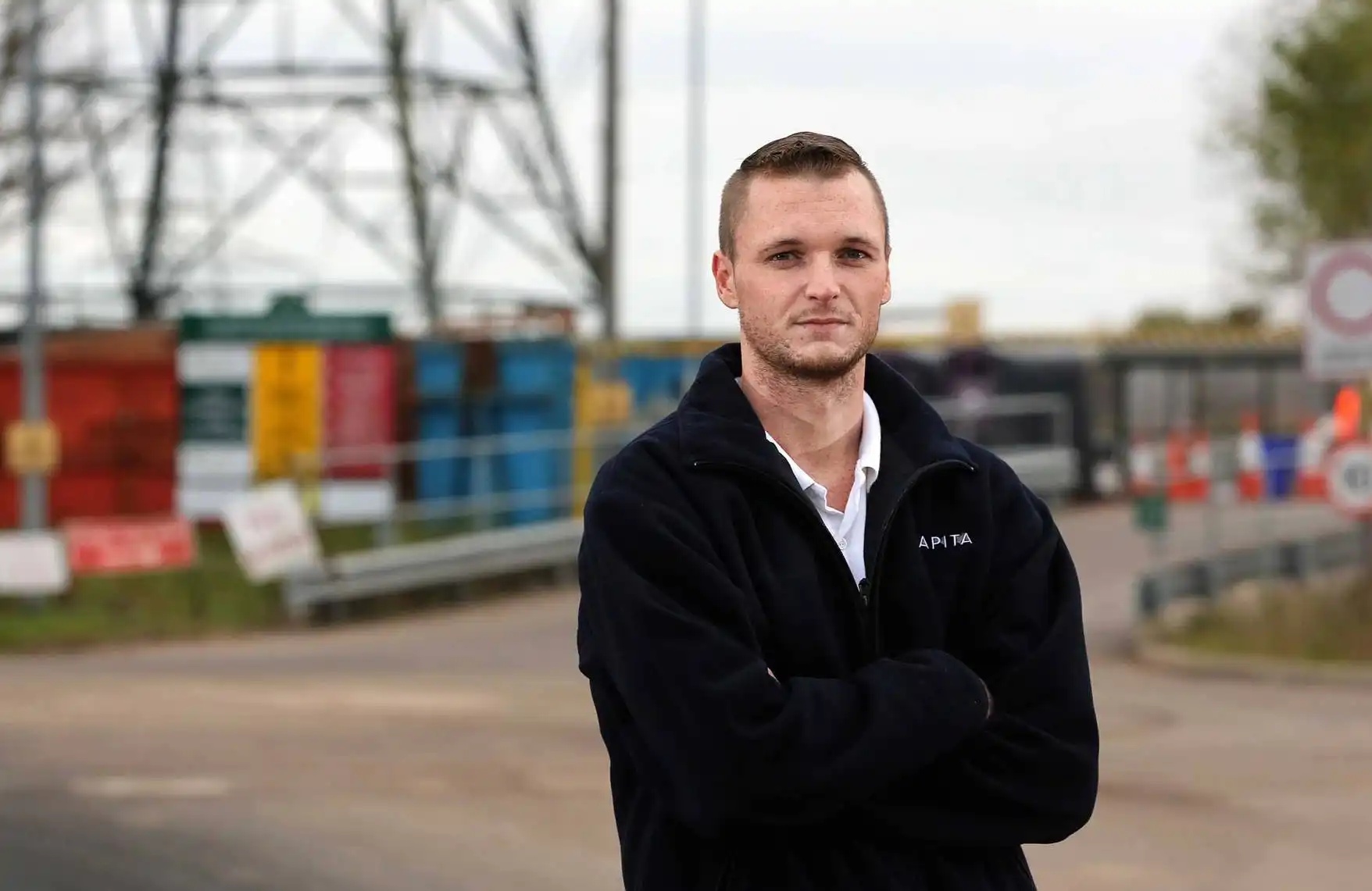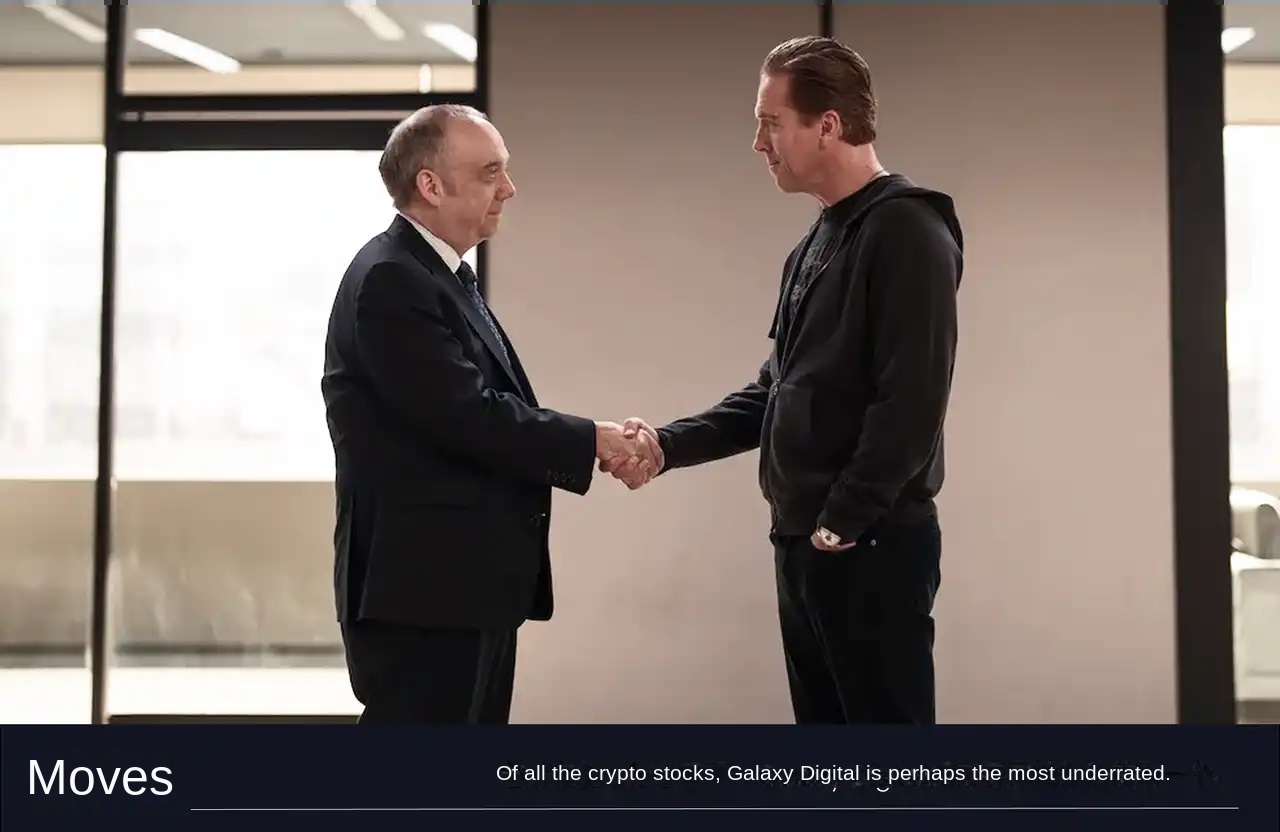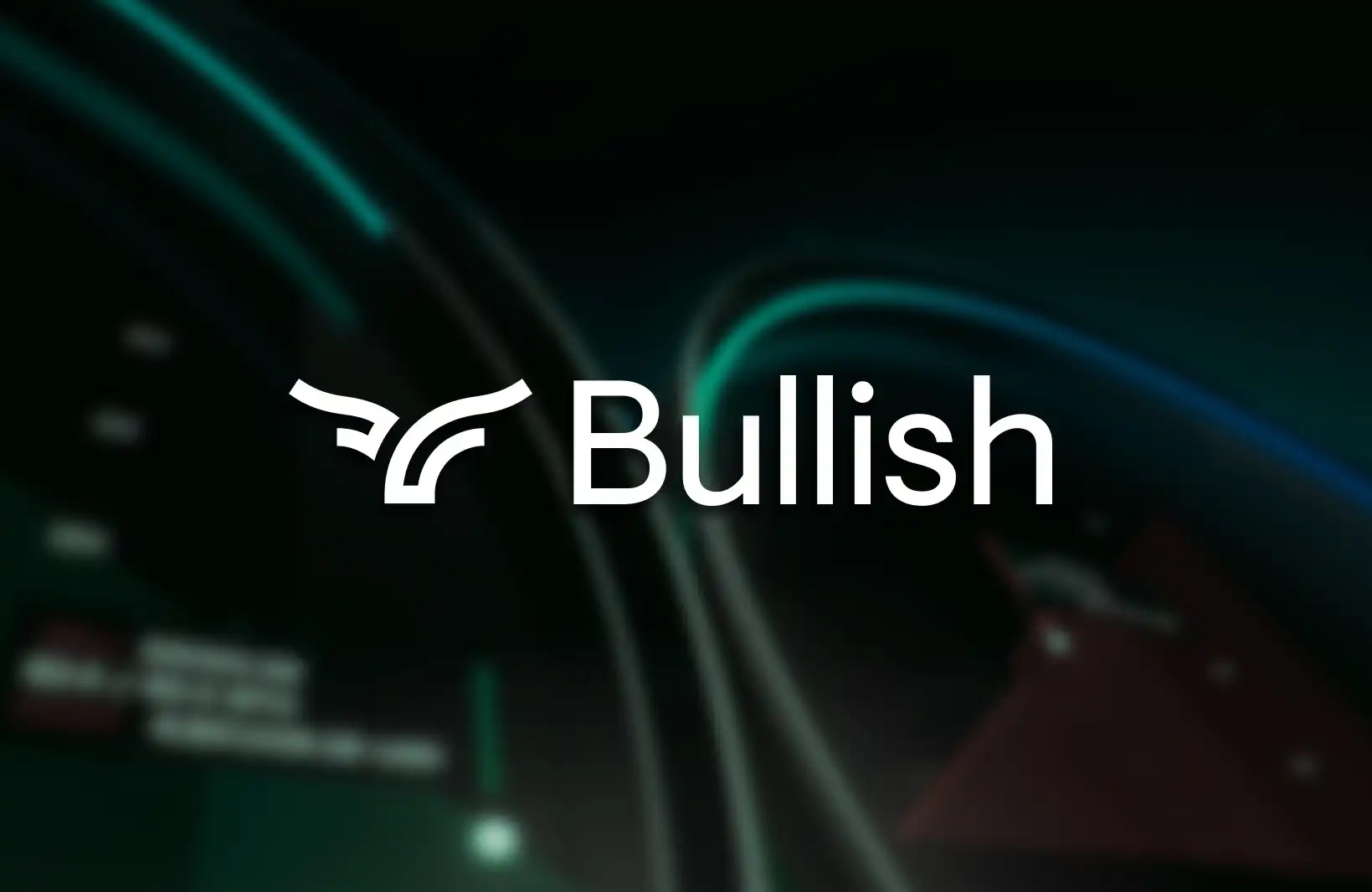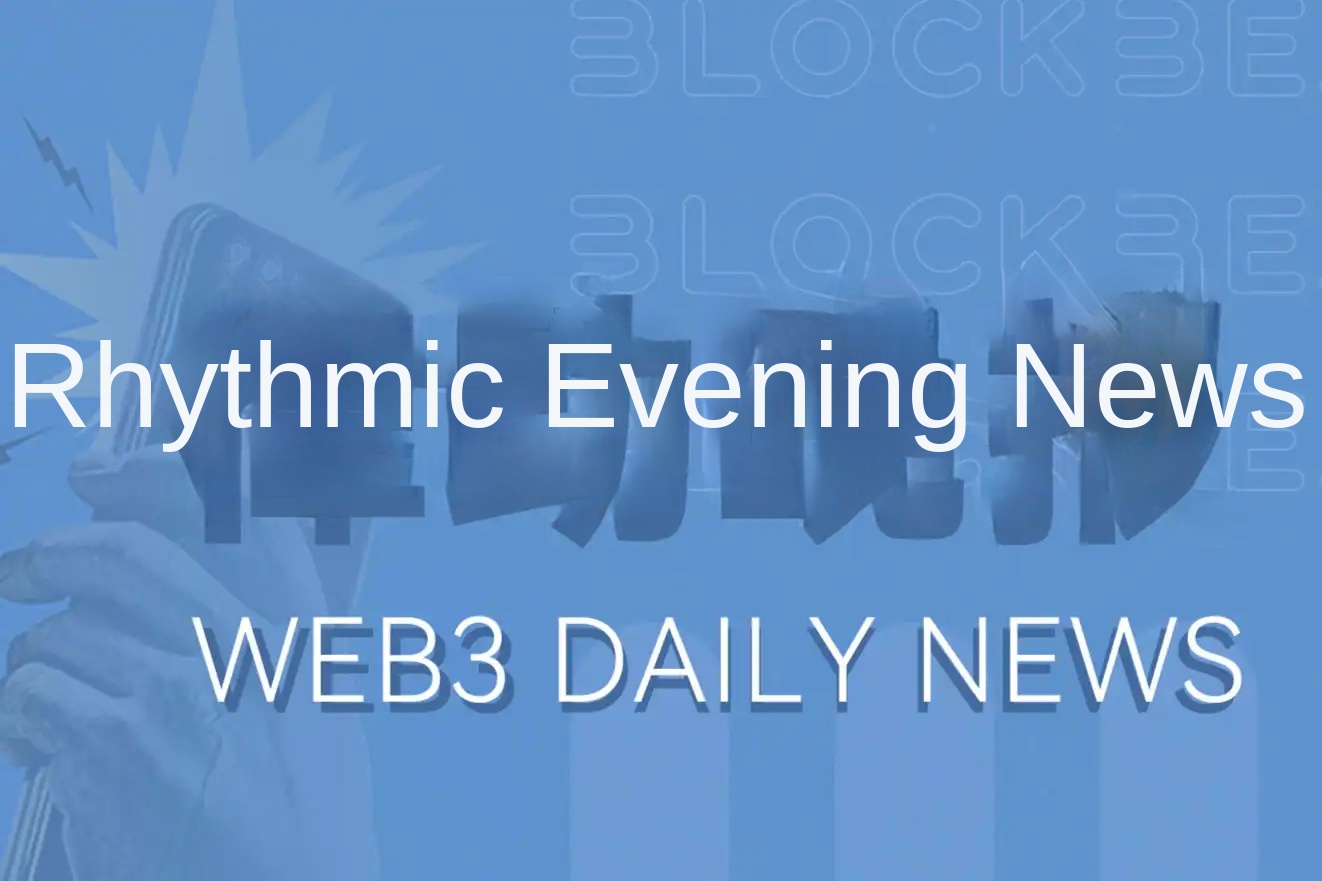Justin Sun: I am glad to be elected Prime Minister of Liberland. Liberland will become the center of the liberal movement.

BlockBeats news, on October 11, Justin Sun posted on X, "I am really happy to see the community elect me as the Prime Minister of Liberland. My understanding of Liberland is as follows: Liberland is not just a country; it is the embodiment of a political philosophy that advocates freedom, minimal government intervention, and personal autonomy. The liberal approach of reducing government spending, lowering citizen taxes, and minimizing intervention in people's lives is the right path to true economic prosperity. These ideals have been recognized and supported by global innovators such as Elon Musk. Musk "As Prime Minister, my goal is to actively promote the idea of small government not only within Liberland, but also as a model for the world. Our success can prove that a minimalist government can bring stability and prosperity without excessive regulation or coercion. Looking ahead, I envision Liberland becoming a global symbol of liberal ideals and a spiritual home for people around the world who cherish freedom. Just as the Vatican City represents the central spiritual authority for Catholics, Liberland will be the center of the liberal movement. Liberland is a powerful example of the relationship between a country and its citizens, and I am committed to furthering this vision during my tenure as Prime Minister." BlockBeats previously reported that the internationally unrecognized micronation of Liberland has announced the results of its latest parliamentary elections. Justin Sun won the election and was nominated by Liberland President Vit Jedlička as acting Prime Minister. According to a Liberland official statement, the votes were counted at 5 a.m. Central European Time on October 6, marking the first full deployment of the country's blockchain-based election system. The election process uses a simple set of rules and is fully algorithmic, aiming to provide transparency and eliminate doubts about the election results. It is reported that Liberland is a self-proclaimed country established in 2015, located on the border between Serbia and Croatia, with an area of only 7 square kilometers, and has not yet been officially recognized by any sovereign state or international organization.






 Forum
Forum

 Finance
Finance
 Specials
Specials
 On-chain Eco
On-chain Eco
 Entry
Entry
 Podcasts
Podcasts
 Activities
Activities
 OPRR
OPRR




